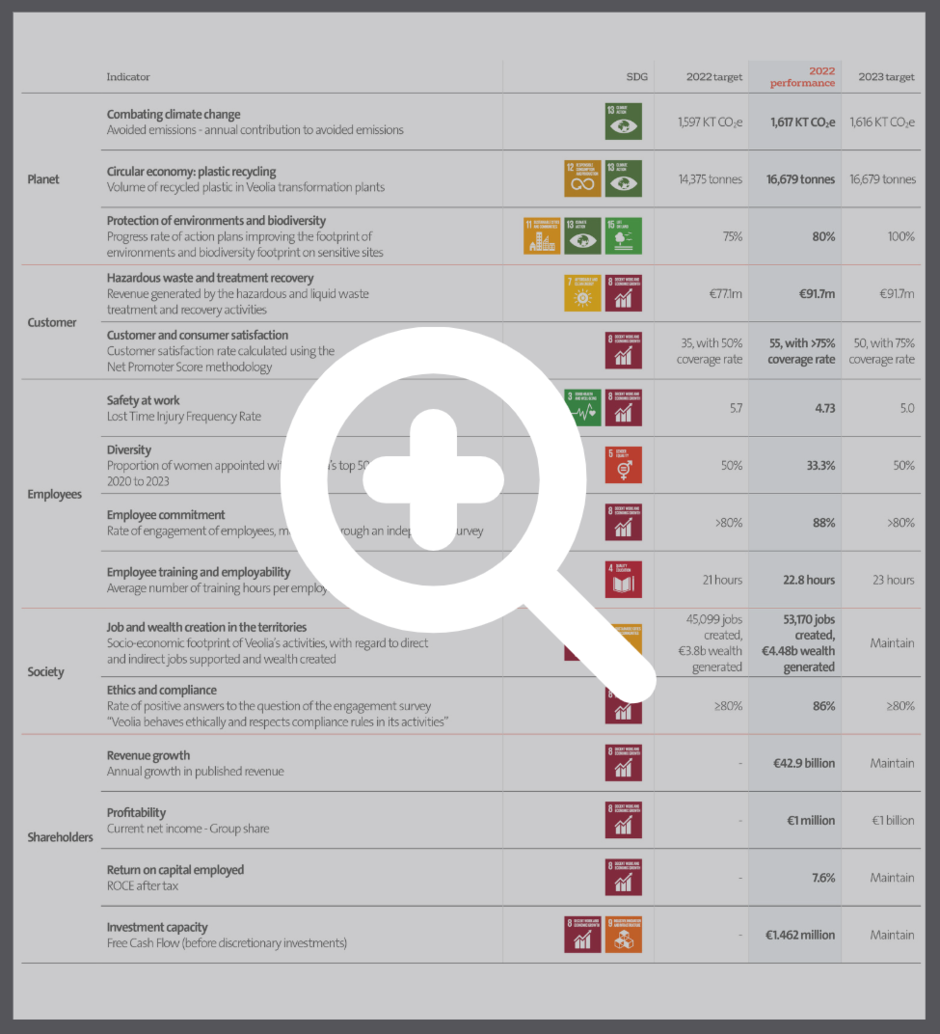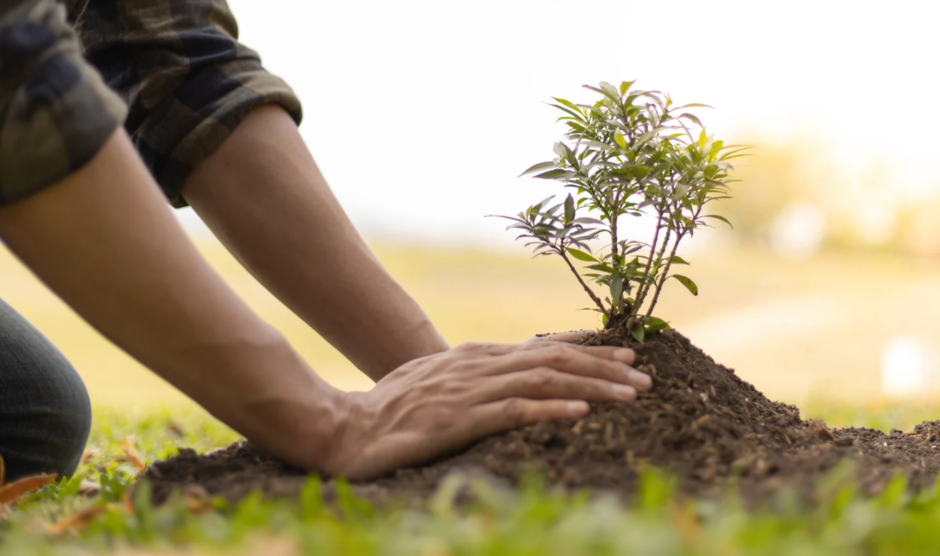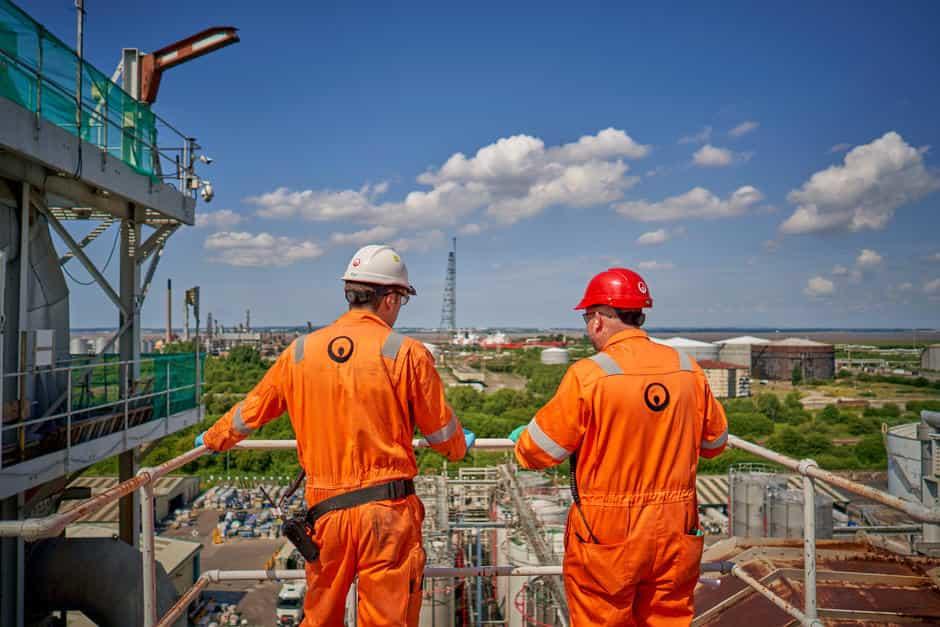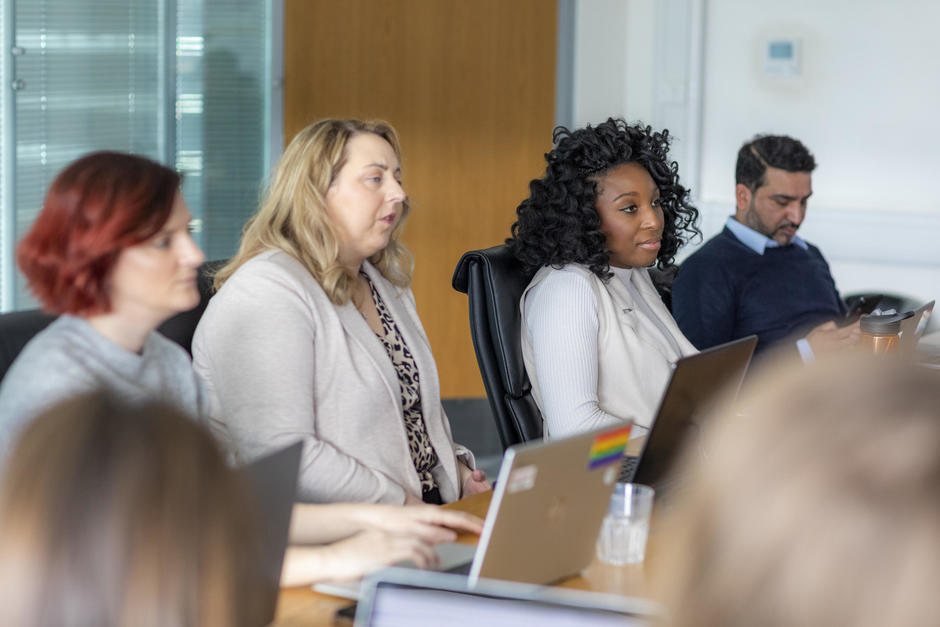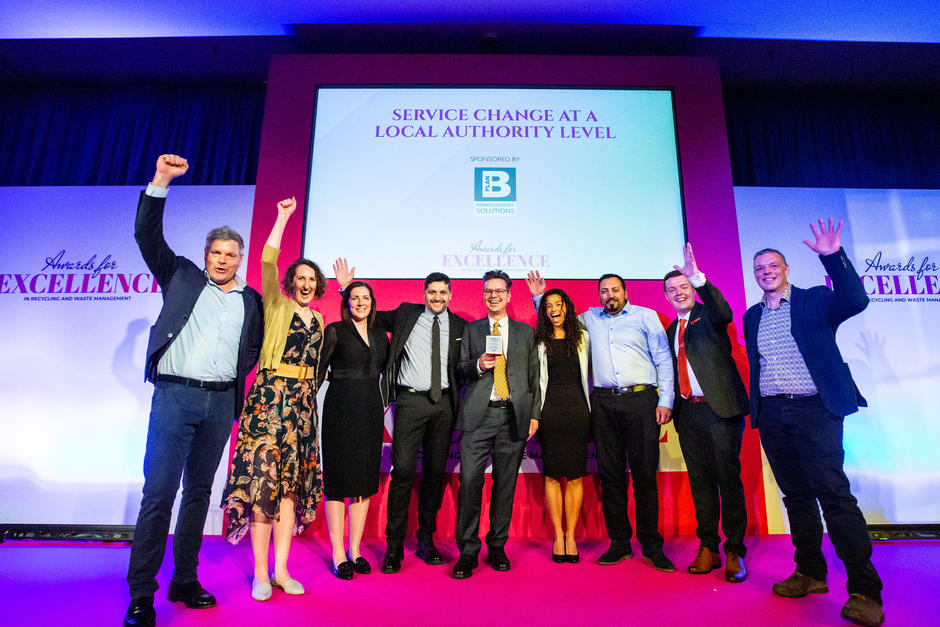In December 2023, Veolia will celebrate 170 years of delivering sustainable solutions to communities across the world. In that time we have positively affected billions of lives in many different ways: from providing the means for clean, safe water, to recycling waste and, more recently, generating much needed renewable energy.
"I am immensely proud to play a part in that legacy. But while I feel it is important to draw on past experiences, our focus must be on the future. Specifically, on delivering an ecological transformation that will improve many more lives for generations to come.
This means taking an holistic approach to life, for our people and the planet. We recognise the direct link between our natural and social environments; and how biodiversity loss or pollution, for example, impacts the communities and cultures we live in.
When we say that we put ecology at the heart of our business, we are referring to how we consider all the impacts that our decisions make. We do this with our multifaceted performance (MFP) framework, which helps us make commitments to our five key stakeholders: our planet, clients, employees, society and shareholders.
None of these stakeholders exists exclusively – much like our natural and social environments. So by committing to combating climate change, building a circular economy, and protecting biodiversity for our planet, we are also actively listening to the concerns of society; meeting the needs of the communities in which we work.
Our employees need to work in an environment where they can grow and develop, but also be true to who they are, and feel fairly treated. This ultimately makes for a more innovative, motivated workforce; one that better helps its clients to meet their sustainability goals and environmental ambitions.
Our shareholders – the majority of whom are now Veolia employees – are best served when our contribution to the world is useful. Our financial health allows us to reinvest in our business; which in-turn closes the loop on all of our stakeholders and edges us closer to truly changing the world.
This report is a snapshot into the essential work carried out by Veolia, showcasing how we are addressing environmental issues. We know the scale of the challenges before us; but we remain optimistic and determined to turn the tide, together."
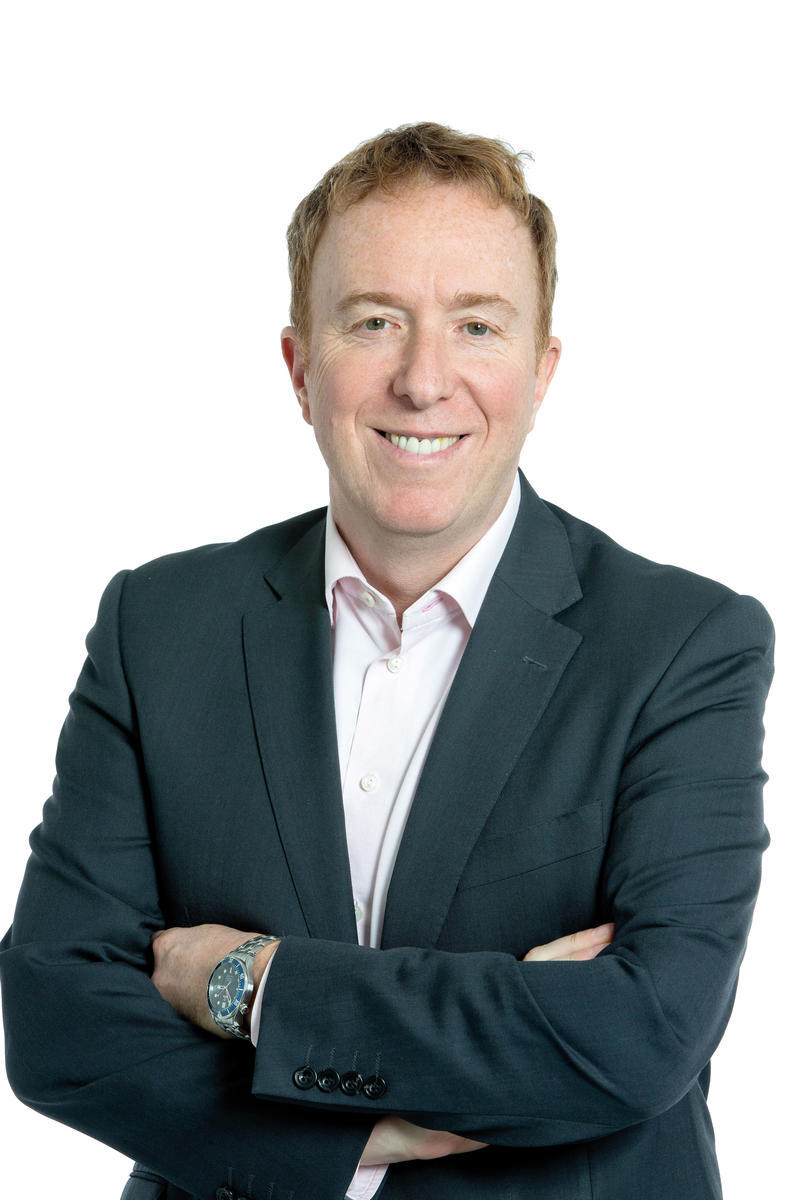
Gavin Graveson, Senior Executive Vice-President, Veolia Northern Europe Zone

OUR MULTIFACETED PERFORMANCE
More than ever before, Veolia can assert its leadership in addressing the major ecological transformation challenges facing companies, public authorities and citizens. We are committed to a multifaceted performance with the same level of consideration and expectations regarding financial, commercial, employee, social, and environmental performance.
Our latest sustainability report follows each area of the multifaceted performance (MFP) model, focusing on the ways in which we work in collaboration with each stakeholder to deliver solutions that decarbonise, depollute and regenerate resources, with our results assessed against comprehensive targets. Our progress against these targets is highlighted throughout this report.
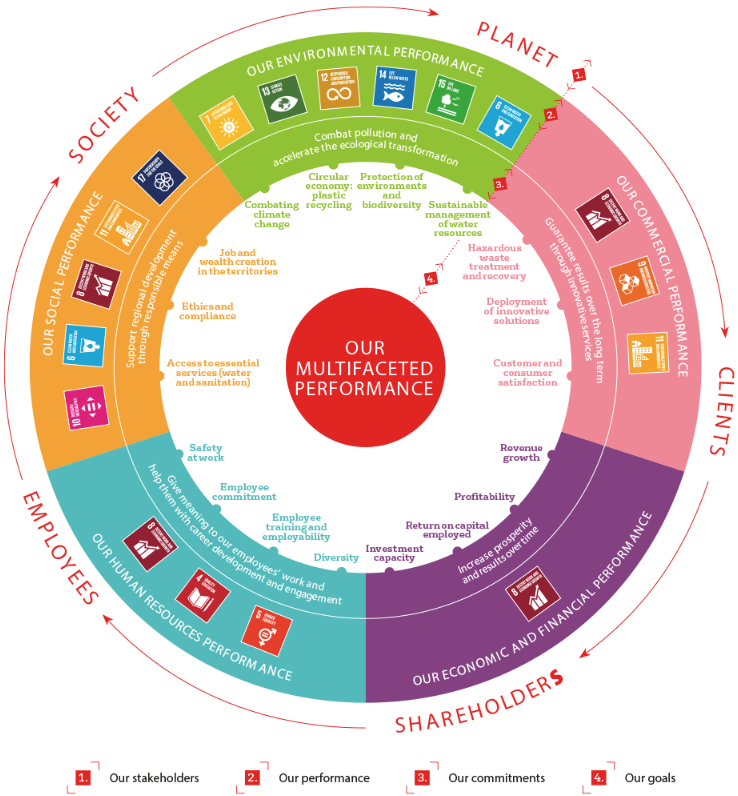
ECOLOGICAL TRANSFORMATION, THAT IS OUR PURPOSE
Ecological transformation means acting to reconcile human progress and environmental protection.
We develop and implement solutions to depollute our vital resources, preserve them from depletion and to decarbonise our ways of living and adapt them to the effects of climate change. At Veolia, we tackle economic, social and environmental issues as an inseparable whole, for the benefit of society as a whole.
THE FOUR PILLARS OF ECOLOGICAL TRANSFORMATION
The four pillars of ecological transformation form a foundation upon which we can achieve our purpose. We cannot delay any longer or hope to change our methods gradually. It is time for transformative action.
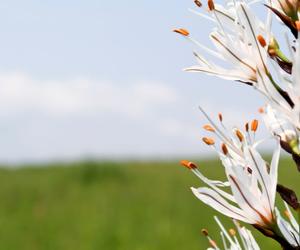
Biodiversity

Biodiversity, the variety of natural life and habitats on earth, is essential to our survival and wellbeing. To achieve ecological transformation, we must transform our consumption patterns and place ecology at the centre of our processes and solutions.
Many solutions exist to better understand how we can work with biodiversity, not against it. By adopting and developing these solutions, we can alleviate the strain on ecosystems, enabling biodiversity to adapt, recover and flourish once again.

Decreasing Pollution

Our natural environment is under threat from human activities. Transportation, heat and electricity production and agriculture all contribute to the pollution of our air, water and soils.
By recognising the impacts of harmful pollutants, we can develop and implement innovative technologies that will radically transform our behaviours, production methods and waste management practices.

Fighting Climate Change

Climate change is the greatest challenge of our lifetimes. The effects of climate change are being seen today, and if we don’t take radical action now the planet will be 5.5°C degrees hotter by 2100, with catastrophic consequences.
Across Veolia, our teams are helping to mitigate the climate emergency by reducing our own greenhouse gas (GHG) emissions, developing the circular economy and helping our customers achieve carbon savings. Concrete action is being taken, but we will never stand still on the future of our planet, with ongoing innovation and investment driving us forward.

Optimising Resource
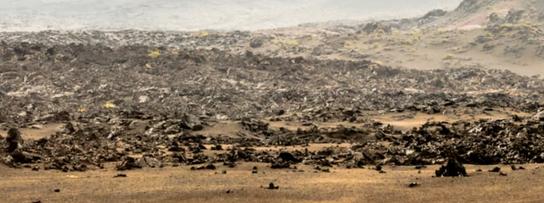
As a society we are living unsustainably. Pressure on our natural resources is leading to their depletion with detrimental consequences for human health and welfare. We need to act now in working towards replenishing our resources, building more sustainable solutions to resourcing our planet.
At Veolia, we continuously explore innovative methods to repurpose waste materials, and have created a multitude of solutions that power our own facilities, generate new sustainable products and support our customers across water, waste and energy.
PROGRESS AGAINST OUR GOALS
We have made strong progress against many of our goals, and continue to prioritise meeting and achieving our targets. Please refer to the relevant sections in this report for further detail, case studies and future plans.



